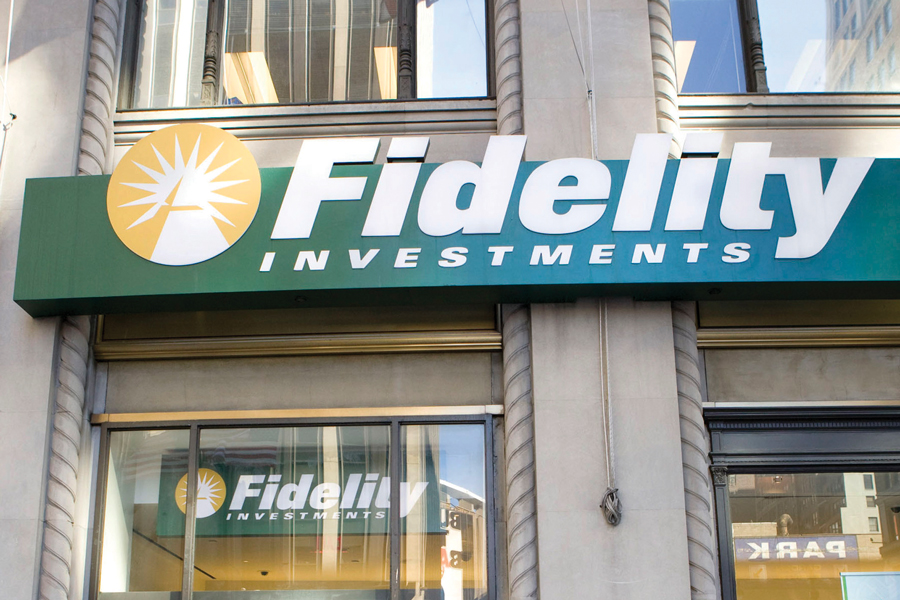Fidelity Investments is tossing its hat into the direct-to-adviser separately managed account space, in a move that some view as a defensive maneuver to secure asset management distribution on third-party platforms.
Nearly six year after rolling out SMAs for retail investors, the Boston-based asset management complex
announced plans to launch five SMA strategies that will be offered to advisers through various wirehouse and broker-dealer platforms.
"This is the first time they're actually delivering their own Fidelity money management capabilities direct to advisers, and it's a big move for them because like a lot of firms that have been successful in the mutual fund business, they have resisted offering SMAs," said Tom O'Shea, research director at Cerulli Associates.
"There are tons of money managers that five years ago were dead set against SMAs and are now trying to get into the business," he said.
Mr. O'Shea said a big driver behind the trend is a steady trimming down and "rationalizing" of products being offered on brokerage platforms, which he describes as fallout from the
Department of Labor's focus on creating a fiduciary rule.
"The distributors have been going through a rationalization process and significantly reducing the number of products and the number of asset management partners," he said. "For Fidelity, this is a defensive maneuver."
The five SMA strategies, all of which are modeled on existing Fidelity funds or institutional portfolios, are expected to start showing up on various distribution platforms over the next few months, said Bob Litle, head of intermediary sales at Fidelity.
"We're constantly monitoring what advisers are looking for from us, and we want our active management capabilities to be available," Mr. Litle said. "Demand for SMAs has seen a big uptick the last couple of years."
The adviser-specific SMAs follow Fidelity's announcement earlier this year that it will
expand its management account platform, which already gives adviser custodian clients access to third-party SMA providers. The new Fidelity SMAs will be offered on Fidelity's platforms.
Of the five SMA strategies being launched, three are designed for core exposures to international, growth and small-cap markets. The other two are designed for more niche appeal, with one targeting founder-involved companies and the other focused on companies that prioritize and advance women's leadership and development.
"We developed the strategies based on input from advisers, discussions with platform sponsors and our own menu of capabilities," Mr. Litle said.
Any additional SMA strategies, he said, will depend adviser feedback and market appetite, and there is not specific target for a secondary SMA launch.
[Recommended video: 6 reasons to focus on ESG investing]
While there is no denying a growing adviser appetite for SMAs that allow customization for everything from ESG screens to tax management, it could still come down to fees, all other things being equal.
"The use of SMAs will be determined somewhat by the pricing," said Matthew Gaffey, senior wealth manager at Corbett Road Wealth Management.
"If you are already using the associated Fidelity mutual fund and the fees are comparable or fairly close to the new SMA offering, there will be little reason not to use the SMA," Mr. Gaffey said. "In many cases, the SMA version could offer clients a more sophisticated solution within the particular space of the market they would like to target as part of their overall portfolio."
When it comes to SMAs, the fees are determined by the platform, not the asset manager, which typically delivers portfolio positions daily to the SMA platform.
As Mr. O'Shea pointed out, asset managers that typically earn between 70 and 80 basis points when managing a mutual fund will earn between 25 and 35 basis points for managing model SMAs.
But, as Mr. Litle explained, the comparison is not perfect because in most model-delivered SMAs, the asset manager simply submits the portfolio to the platform, which is then responsible for trading execution and custody.
"There's not as much operational work for the investment manager," he said.







